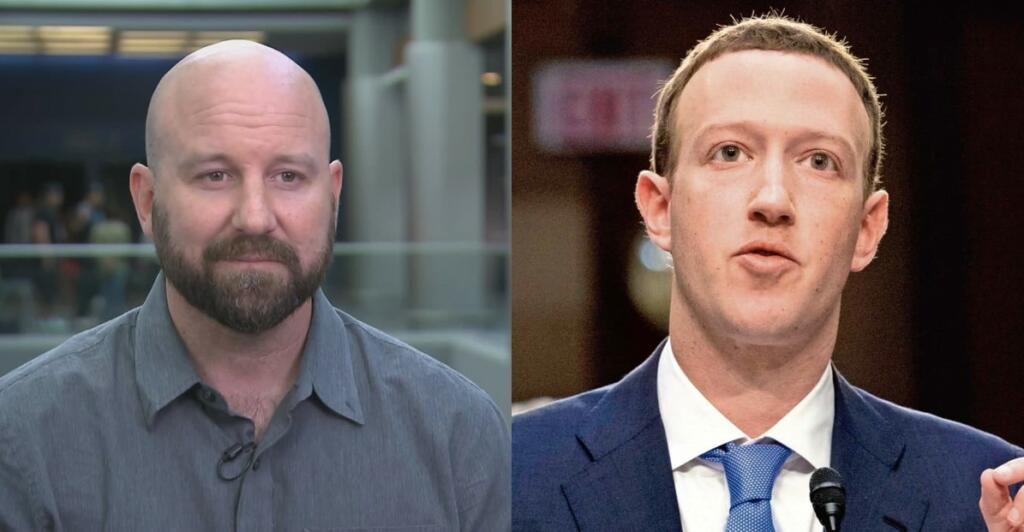- Andrew Bosworth, the trusted lieutenant of Mark Zuckerberg and the person leading the augmented and virtual reality project, has revealed that metaverse (the virtual reality project of Facebook) can be a “toxic environment”.
- Bosworth said that toxicity would be an “existential threat” to the company’s mission if it “turned off mainstream customers from the medium entirely,”
- The Facebook brand is already severely damaged given the recent revelations that the company is capitalizing on hate content. If it builds a “toxic environment” in the form of Meta, there would be no going back as far as the brand value is concerned.
In an attempt to image makeover, Facebook renamed itself Meta Platforms and started working on the Metaverse project. However, Andrew Bosworth, the trusted lieutenant of Mark Zuckerberg and the person leading the augmented and virtual reality project, has revealed that metaverse (the virtual reality project of Facebook) can be a “toxic environment”.
In an internal memo of the company accessed by London-based Financial Times, Bosworth, who has been with the company since 2006 and is the chief troubleshooter for Zuckerberg, said that harassment or other toxic behaviour can pose an existential threat to the company.
Bosworth said that toxicity would be an “existential threat” to the company’s mission if it “turned off mainstream customers from the medium entirely,” according to the memo as the FT reported. He suggested a solution via a reporting function for users who can send human reviewers the footage of alleged harm.
Bosworth has previously come into the limelight for defending everything that is wrong with Facebook in a 2016 memo. In the memo titled “The Ugly”, Bosworth wrote, “Maybe it costs a life by exposing someone to bullies,” he wrote in the memo, which was first reported by Buzzfeed in 2018. “Maybe someone dies in a terrorist attack coordinated on our tools. And still we connect people. The ugly truth is that we believe in connecting people so deeply that anything that allows us to connect more people more often is *de facto* good.”
Metaverse is a combination of augmented reality (AR), virtual reality (VR), mixed reality (MR). Through metaverse technology, the individuals would be able to enter simultaneously in an alternative universe of the Internet and perform daily tasks. For those who have watched The Matrix, it is like the two realities experienced by Neo, the lead character.
Read More: Indian IT startups are jumping into the world of Metaverse and that can be revolutionary
In the last few months, many big players including the CEO of Facebook Inc., Mark Zuckerberg talked about it. “I wanted to discuss this now so that you can see the future we’re working toward and how our major initiatives across the company are going to map that,” said Zuckerberg.
Facebook Inc., is developing products with which users would be able to enter Metaverse using a Laptop, PC, or mobile phone and do daily activities like talking to friends, going to work, dancing, party and so on in a virtual world.
The entry of Facebook into this new world of virtual reality would bring many new sets of issues for the company on top of existing ones. The Facebook brand is already severely damaged given the recent revelations that the company is capitalizing on hate content. If it builds a “toxic environment” in the form of Meta, there would be no going back as far as the brand value is concerned.
“We often have frank conversations internally and externally about the challenges we face, the trade-offs involved, and the potential outcomes of our work,” Bosworth wrote in the blog post. “There are tough societal and technical problems at play, and we grapple with them daily.”
The aspirations to revive the company by renaming it may be nipped in the bud given the scale of issues the company is facing due to its unethical practices. The governments across the world are coming hard on big tech, and this may be the decade of disruption for the companies like Amazon, Meta (Facebook), and Google which disrupted many businesses and platforms in the first two decades of the twenty-first century.
